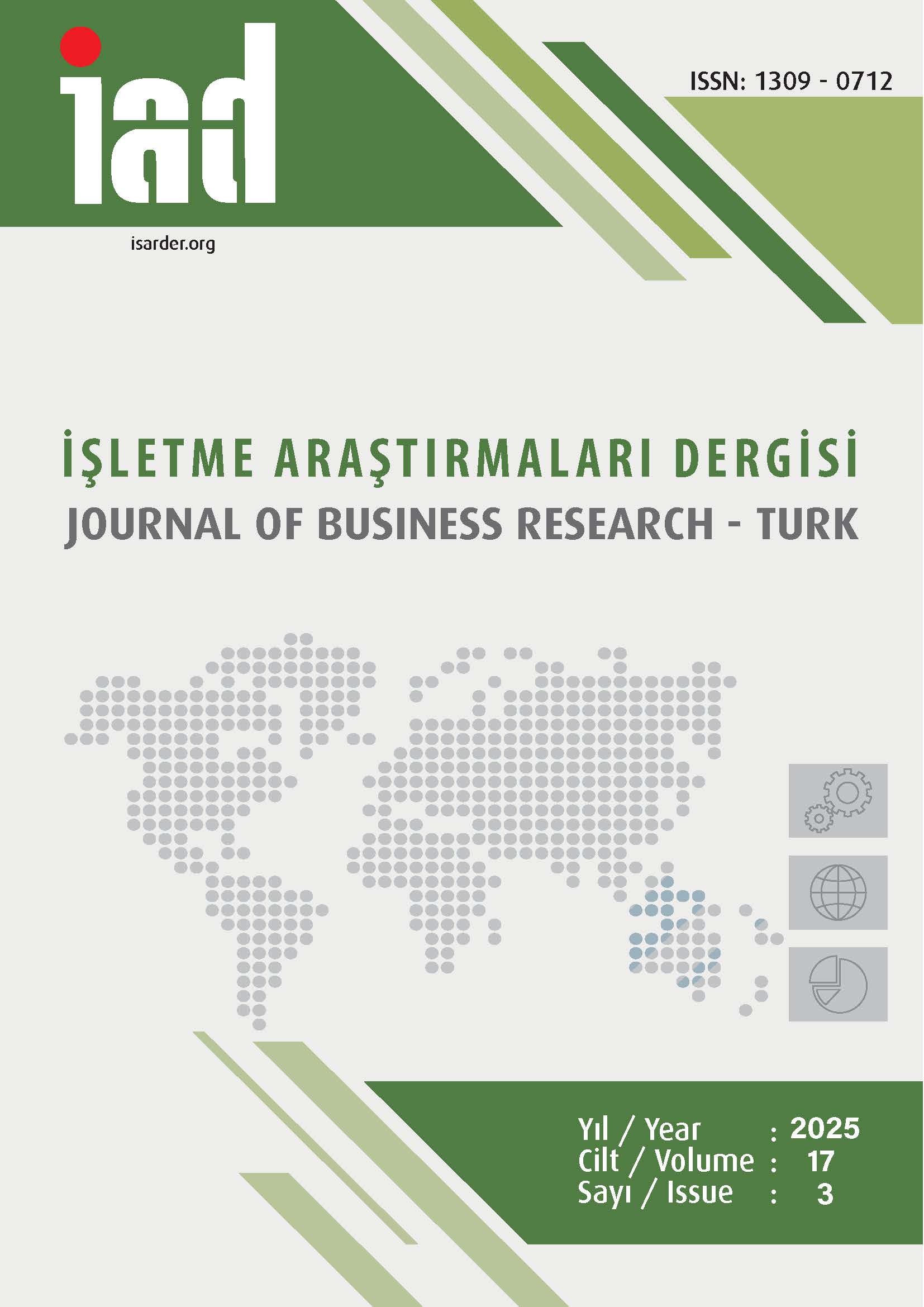Investigation of the Predictive Roles of Career Adaptability and Commitment to Higher Education on Life Satisfaction Levels of University Students
DOI:
https://doi.org/10.20491/isarder.2025.2083Anahtar Kelimeler:
Career adaptability- Student commitment- Life satisfaction- Higher education- Career managementÖzet
Purpose – In today's ever-changing academic and professional settings, it's becoming more crucial to understand the psychological and career-related factors that flourish university students well-being. In this context, this study aims to examine the predictive roles of career adaptability and commitment to higher education institutions on university students' life satisfaction levels.
Design/methodology/approach – This research was conducted using a quantitative research method. In this context, the survey method was preferred in the study. A total of 295 students from foundation universities from Istanbul participated in the study. Personal Information Form, Career Adaptability Scale, Student Commitment in Higher Education Scale and Life Satisfaction Scale were used to collect the data. The data were subjected to the normality test, reliability test, descriptive statistical analysis and regression analysis.
Results – The results showed that the levels of career adaptability and commitment to higher education significantly predicted the life satisfaction levels of university students.
Discussion – It seems possible to evaluate the university years as an exciting yet challenging process in which different experiences are gained for university students. In this process, universities can be considered as social structures that are expected to contribute to students' life satisfaction by supporting their academic and personal development. Increasing the capacity of university students to adapt to the changing business life can help them make informed decisions about their future professional lives. In addition, individuals with high student commitment may be more motivated than others to improve their career adaptation skills by actively participating in educational processes. This may create a sustainable development cycle that supports students' academic and professional success by increasing their life satisfaction and psychological well-being.
İndir
Yayınlanmış
Nasıl Atıf Yapılır
Sayı
Bölüm
Lisans

Bu çalışma Creative Commons Attribution-NoDerivatives 4.0 International License ile lisanslanmıştır.





